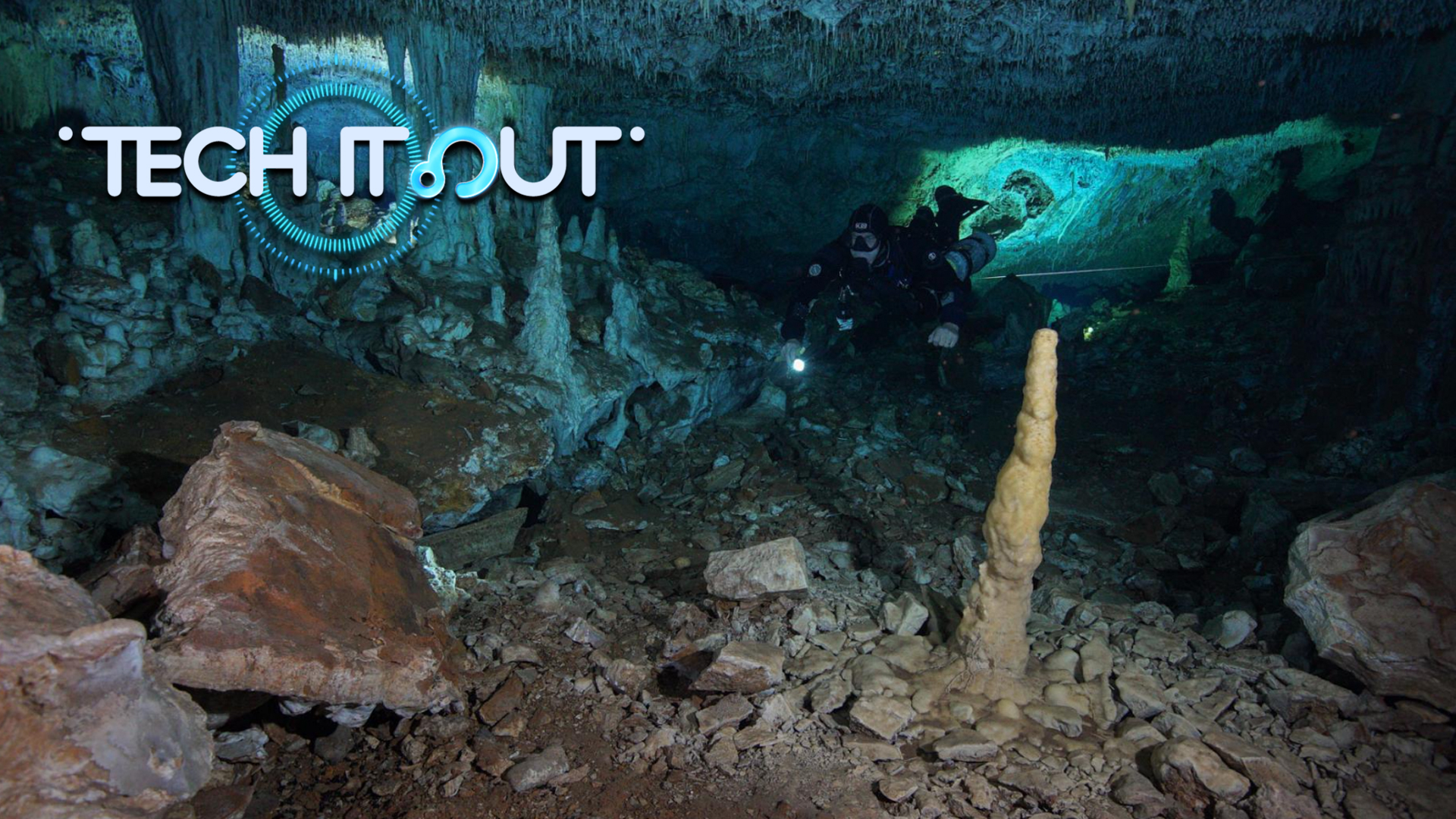02:30

In this week's Science Saturday, we look at science news, ranging from prehistoric plants to an ancient mine.
Ancient plant
First, an Arctic plant has been brought back to life after 32,000 years. The seeds were found 38 meters below the Siberian permafrost. Austrian scientists believe the dry environment kept the seeds alive. They are now trying to map the genomes of the plants. They hope their research will help efforts to combat climate change.
Cosmic wings
NASA's Hubble Space Telescope has captured yet another stunning image. This time, it is a young star's unseen planet-forming disk, casting a huge shadow across a more distant cloud in a star-forming region. The image looks like a cosmic pair of flapping bat wings. Scientists have called the young star HBC 672 and the shadow feature, "Bat Shadow." The team speculates that a planet is embedded in the disk, with an orbit inclined to the disk's plane.
Elephant death mystery
More than 350 elephants have died in Botswana, and nobody knows why. Many of the carcasses have been found near water. There are also reports of some live elephants looking disoriented and walking in circles. Local authorities have ruled out poaching as the tusks are still in place. Botswana is home to about a third of Africa's elephant population.
Prehistoric mining operation
An ancient 11,000-year-old mine has been found in underwater caves in Mexico. The site gives a rare glimpse into the lives of some of the first residents of the Americas. It reveals where and how ancient humans extracted red ocher pigments, which were prized for decoration and rituals. Experts say the caves are a time capsule, with all the tools left as they were 10,000 to 12,000 years ago.
"Science Saturday" is part of CGTN's science and technology series "Tech It Out." The segment brings you the latest news about innovations and technological breakthroughs in the past two weeks from across the world.